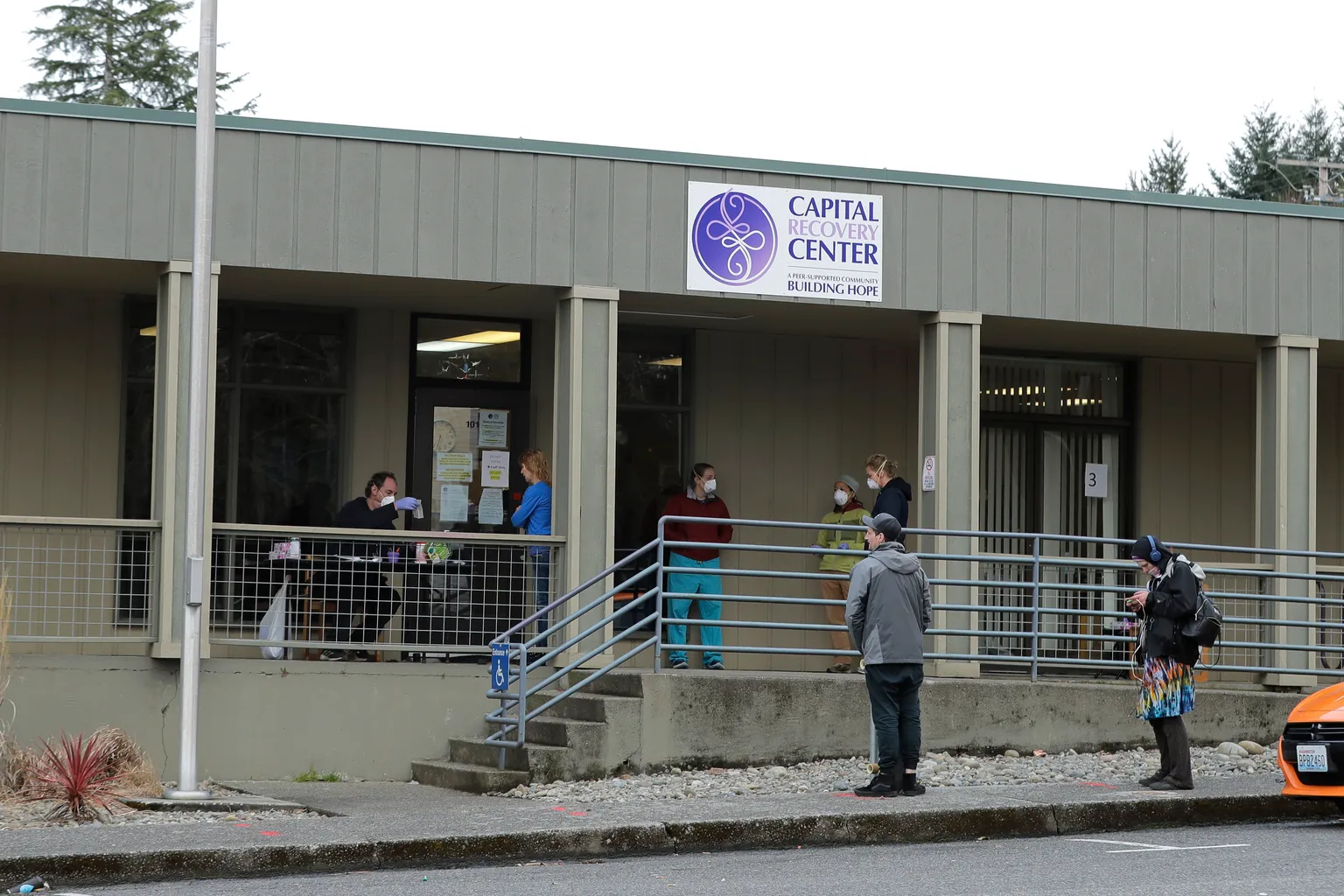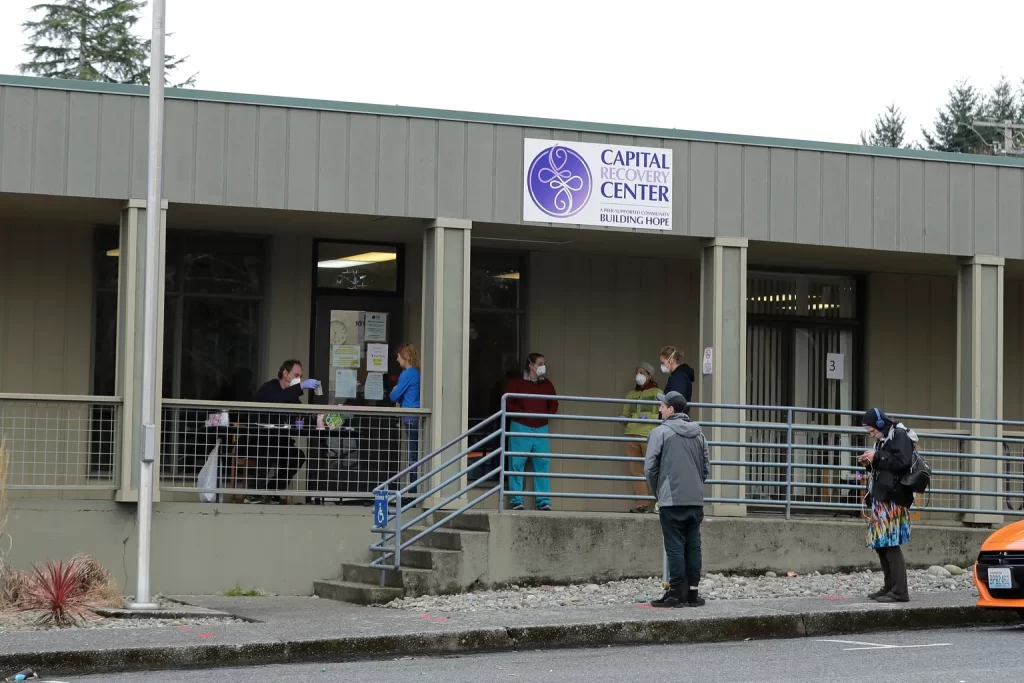The Washington Legislature needed extra innings to finally come up with a drug possession law that is a true compromise. No side of the issue got everything it wanted, yet all sides got something.
The new law, which replaces one that was to expire July 1, increases the penalty for drug possession from a misdemeanor to a gross misdemeanor. Public drug use also becomes a gross misdemeanor. A key component is diversion. The law grants defendants access to pretrial diversion programs such as drug treatment with buy-in from a prosecutor.
Those who complete a program would avoid possession charges. With Public Health — Seattle & King County reporting 471 fatal overdoses for 2023 as of Wednesday, diversion programs will not only save court time and jail space, but more importantly, lives.
Possession had been a felony before the state Supreme Court’s 2021 Blake decision struck it down.
That decision forced lawmakers to come up with a quick fix. That “fix” was to make drug possession a misdemeanor and give suspects two chances for treatment diversion before they would be arrested for possession. That remedy was cumbersome and tied the hands of prosecutors and police officers when it came to controlling open drug use and sales.
But business owners, especially those in Seattle, complained. Open drug use and sales cost them time and money. It scared away customers and left owners with the task of cleaning up the residue of drug activity from doorways and parking lots.
All of this hit as the pandemic added to their woes.
One side of the debate looked at drug possession as a health and social justice issue. Many Democrats and their supporters fought for more treatment instead of jail time. Those who openly use drugs need compassion and mental health care, not incarceration. While a small faction on the left wanted to decriminalize drugs altogether, another faction on the right that wanted to make possession a felony again.
Under the new law, which goes into effect July 1, a person would face a fine up to $1,000 and a maximum of 180 days in jail for first and second convictions, half the time that is typically prescribed for a gross misdemeanor. Upon the third conviction, a person would face the higher maximum of 364 days and a fine up to $5,000.
Although a new drug possession law has been created, Washington is not out of the woods. Now the hard work begins.
The hard work is ensuring treatment is available to people who need it, including those entering into diversion under this new law.
It means cities from Seattle to Spokane, as they and other communities face staggering numbers of overdose deaths, must build diversion programs to meet the expected demand.
Although the Legislature increased funding to address the drug crisis, cities and counties may be asked for additional funding to accommodate more attorneys, social workers and prosecutors.
The task before local communities is serious and requires a nonpartisan, people-focused approach, much like what lawmakers used in Olympia to get us to this point.





